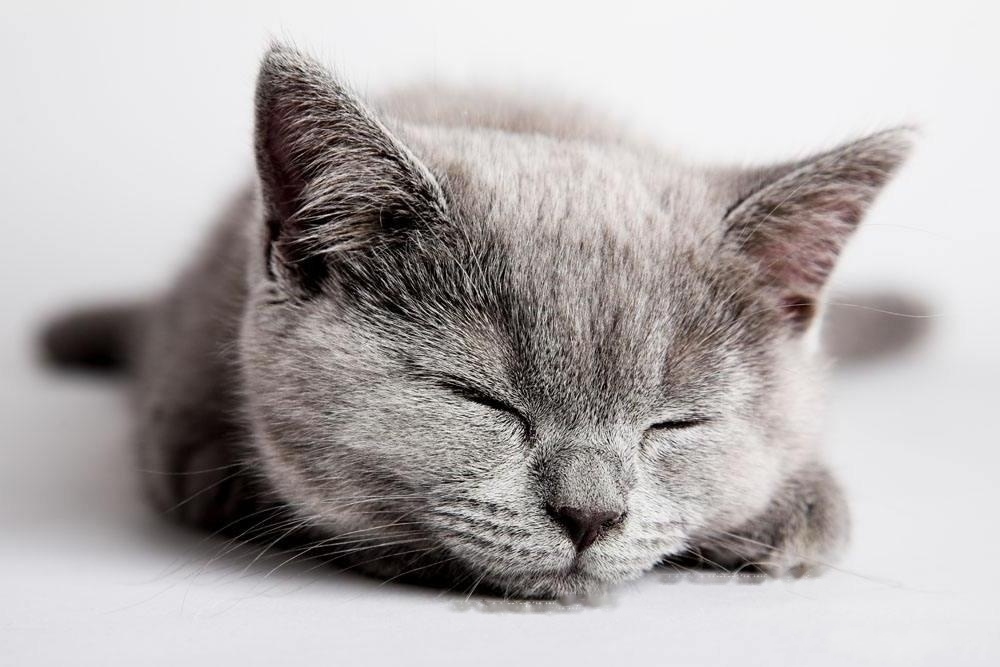
Although the feeding of pets in winter is not much different from other seasons, pet owners need to pay attention to some details. Especially in terms of keeping warm and eating, only in this way can the cat spend the winter comfortably and healthily.
1. Precautions for raising dogs in winter
1. Be careful of scalding
Owners who have a heating supply in the house should pay attention, dogs are insensitive to high temperature, This is the reason why dogs often get scalded by their fur by leaning on the heater for heating, so please provide necessary protection at the heat source that may cause injury to the dog to avoid being scalded.
2. Proper ventilation
It is cold outside in winter, so many owners are accustomed to closing doors and windows to keep warm, but pay attention to be sure to open windows at intervals to let the air in the house Change it, this is not only good for dogs, but also good for your own health!
3. It is not advisable to sleep with dogs
and Dogs sleeping together will create a good living environment for bacteria. When we sleep intimately with our dog, bacteria can get on the bedding, our underwear, and even our skin, causing harm to us.
It is very harmful for dogs to sleep in an environment with insufficient oxygen (under the quilt).
4. Don't eat cold food
If the dog eats cold, iced food or drinks raw water in winter, the digestive system will immediately turn on the red light, so , Do not give the dog milk and food taken directly from the refrigerator.
5. Don't make the dog overweight
Dogs don't like to exercise very much in winter. Basically, they spend their daily life in eating and sleeping. As an owner, it is best to play with the dog every day and exercise for a certain period of time, which has a good effect on enhancing physical fitness.
6. Pay attention to the weather when bathing
Try not to bathe the dog in cold weather. If you want to bathe the short-haired dog, it also needs to be in a warm sunny afternoon or with an air conditioner In the room, dry the dog's hair with a hair dryer in time after bathing.
2. Suggestions for raising cats in winter
1. Increase the temperature of drinking water
Many cats drink less water in winter because the water temperature drops and the drinking water is ice-cold. The amount of water has also decreased. In order to maintain the cat drinking water regularly, the owner can try to increase the temperature of the water to about 27°C to 29°C, so as to improve the cat's willingness to drink water.
2. Suggestions for keeping warm when going out
If you have to take the cat out, you must first prepare a carrying cage, a blanket, a warm pack and a thin towel. At the bottom of the cage, then put a warm pack on the blanket, cover it with a thin towel, and the super warm cage is complete!
3. Suggestions for combing the coat
In winter, cats are susceptible to skin diseases due to less time in the sun. The owner can often use the comb to comb out the dirt and dander hidden in the skin, which can not only promote blood circulation, but also comb the waste hair that the cat has replaced.
The shedding of cats in winter will be better than the peak molting period in autumn.
4. Appropriately increase the feeding amount
Due to the cold weather in winter, the cat's appetite will increase. At this time, it is necessary to control the feeding amount and increase the food appropriately. Do not let the cat eat it. Getting enough sleep and eating enough is not good for your cat's health.
5. Suggestions for changing food in winter
In winter, you need to replace the cat food for pet cats. It cannot be replaced all at one time. It should be replaced gradually. Change food. A small amount of new food can be mixed with existing food at the beginning of the diet.
Gradually increase the amount of the new food at each meal, reducing the amount of the original food.
6. Enhance disease resistance
In winter, the weather is cold, and the resistance of cats will decline. If you want to prevent them from getting sick, you must find ways to increase their disease resistance. For example, adding the right amount of meat and vitamins to food.
![[Dog Training 5] The training method of pet dog dining etiquette](/static/img/12192/12192_1.jpg)




